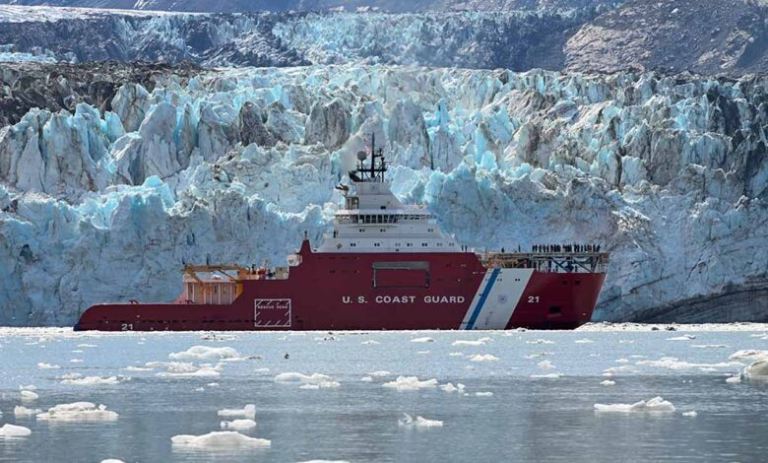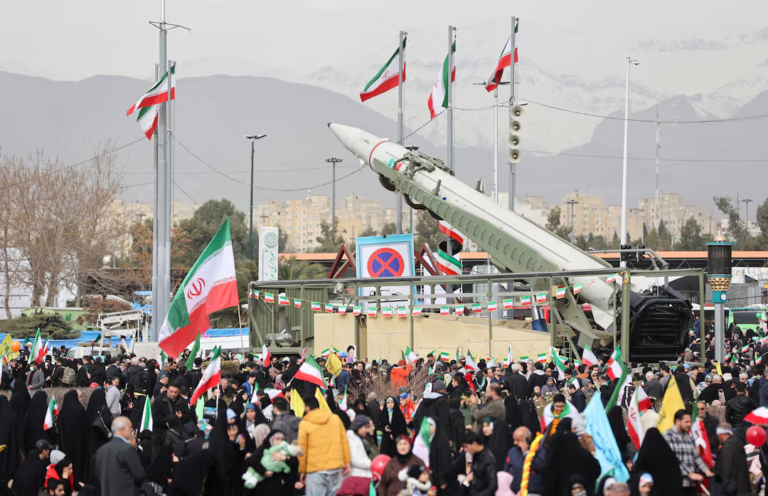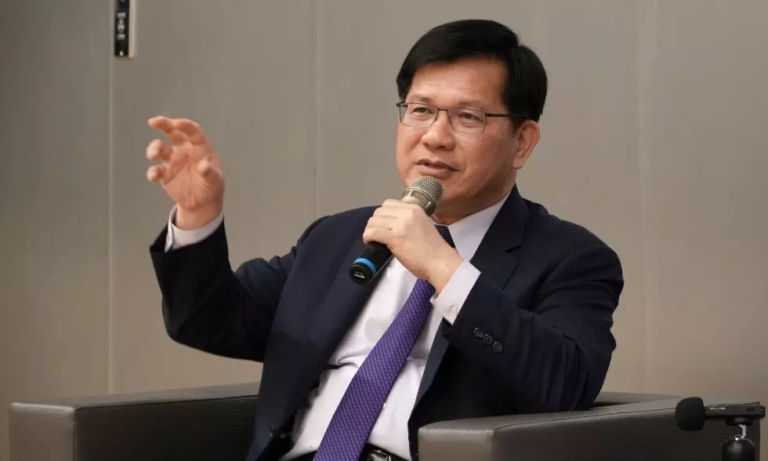
Taiwan has an inadvertent, rarely acknowledged role in global affairs: it’s a kind of sponge, soaking up much of China’s political, military and diplomatic efforts. Taiwan absorbs Chinese power of persuasion and coercion that won’t be directed elsewhere while the island remains free.
This means that supporting Taiwan is not merely a moral stance in favour of democracy; it is a strategic and economic necessity. Taiwan’s independence from China anchors the regional order—and maybe even the global order. While it remains separate from China, Beijing is delayed in shifting attention to new, potentially more dangerous fronts.
Every leader of the People’s Republic of China—from Mao Zedong to Xi Jinping—has made ‘reunification’ a non-negotiable part of the party’s mission. Xi has tied Taiwan’s future directly to what he calls the ‘Chinese Dream’ of national rejuvenation. Unification is ‘essential’ to achieving China’s rise as a great power, he says. Party officials have referred to Xi Jinping as the ‘helmsman’ guiding China’s national rejuvenation.
The intensity of this focus is obvious. The Chinese armed forces have made preparing for an invasion and occupation of Taiwan their top strategic priority, developing a vast arsenal of missiles, air and naval forces designed to overwhelm the island’s defences and deter US intervention.
Military exercises simulating blockades or invasion have become normalised. In 2022, just over 1,700 Chinese military aircraft flew into Taiwan’s de facto air defence identification zone, twice as many as in the previous year. In 2024, that figure was more than 3,000. As the graphs below show, in 2024 Chinese aircraft and seafaring vessels were spotted around Taiwan on all but five days of the year. The exceptions were caused mostly by typhoons in the area.




China’s military and paramilitary activities around Taiwan in 2024. Source: ASPI’s State of the Strait Database.
And alongside this military pressure, Beijing wages an unrelenting pressure campaign to isolate Taiwan internationally, intimidate nations that support it and subvert Taiwanese society. This sustained, multi-domain strategy of intensifying coercion reflects just how much of China’s political and strategic bandwidth Taiwan consumes.
China devotes enormous resources to keeping Taiwan under pressure. The Taiwan issue so dominates Beijing’s strategic agenda that it slows, redirects, and tempers other assertive behaviours: it has fewer resources for other domains, including in the South China Sea, along the Indian border, in Africa and in the Pacific islands.
If unification remains the regime’s priority, Beijing must be cautious not to unnecessarily provoke crises elsewhere that could derail its Taiwan plans. Military adventurism in the East China Sea or South China Sea carries the risk of triggering a conflict and diverting resources that might undermine China’s ability to seize Taiwan. So, Taiwan’s function as a sponge for China’s attention is also a check on broader aggression. Beijing would be more emboldened to pursue its other strategic priorities if Taiwan capitulated.
There’s also a domestic angle. The Chinese Communist Party uses Taiwan to fuel nationalist sentiment, to justify defence spending instead of fixing an economy weighed down by structural issues, and to distract from other internal challenges. If the Taiwan issue were solved, the regime would need a new outlet for this energy—potentially one more dangerous for China’s neighbours.
Policymakers must ask a sobering question: what happens if Taiwan is annexed by China? This would not satisfy Beijing’s appetite but rather embolden it. Absorption of Hong Kong has only freed up more resources to focus on coercion of Taiwan.
With Taiwan under its control, China would gain a crucial forward base for power projection. Its navy would have more available resources to operate in the Pacific, threatening shipping lanes and enforcing the rights of internal waters within the Taiwan Strait. China could pressure Japan more aggressively over the Senkaku Islands or enforce dominance in the South China Sea. The Philippines, just south of Taiwan, would be more vulnerable to Chinese coercion.
Moreover, the psychological impact of a Chinese victory would ripple across Asia. US allies might question Washington’s resolve. Smaller countries might accommodate Chinese influence to avoid becoming the next target. The delicate balance of power in the Indo-Pacific would tilt—not towards peace, but towards authoritarian dominance.
Policymakers in Indo-Pacific capitals need to send a clear message: maintaining the status quo in the Taiwan Strait helps preserve the broader stability of the Indo-Pacific. Conversely, abandoning Taiwan would not end China’s expansion; it would accelerate it.
Taiwan may be small in size, but it plays a disproportionate role in shaping Asia’s future. So long as it remains a sponge for CCP attention, the rest of the region has a chance to stay dry.





